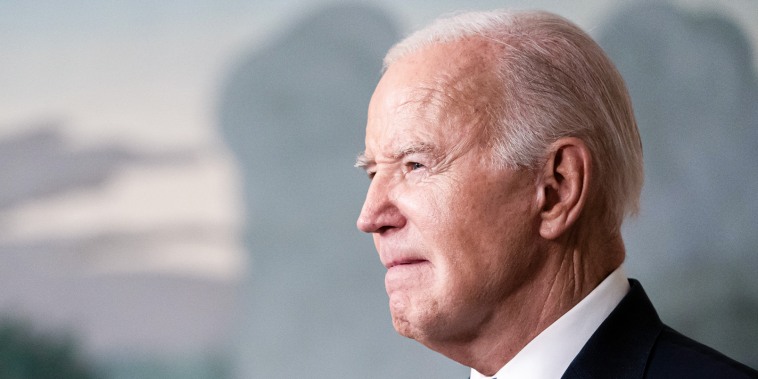Business Groups Hit Back at Efforts to Cap Credit Card Late Fees
Business groups are pushing back against proposed legislation that seeks to cap credit card late fees, arguing that such limits could have unintended consequences for both consumers and the financial industry.
The proposed legislation, which aims to cap late fees on credit cards at $25, has received strong support from consumer advocacy groups who argue that high late fees disproportionately impact low-income individuals and those facing financial hardships.
However, business groups, including the American Bankers Association and the U.S. Chamber of Commerce, contend that capping late fees could lead to higher interest rates for all credit card users as issuers seek to offset potential revenue losses. They also argue that late fees play a crucial role in encouraging prompt payment behavior and are necessary to cover the costs of administering accounts.
Furthermore, opponents of the legislation point out that credit card late fees are generally avoidable and are disclosed upfront in credit card agreements. They argue that consumers have the responsibility to manage their finances responsibly and should be held accountable for timely payments.
Moreover, business groups warn that imposing a cap on credit card late fees could reduce issuers’ willingness to extend credit to riskier borrowers, ultimately limiting access to credit for those who need it the most.
In response to the pushback from business groups, proponents of the legislation highlight the exorbitant late fees charged by some credit card issuers, which can reach upwards of $40 or more for a single late payment. They argue that such high fees can trap consumers in a cycle of debt and make it difficult for them to dig themselves out of financial hardship.
Consumer advocates have also raised concerns about the lack of transparency in how credit card late fees are calculated and how they can vary widely across issuers. They argue that capping late fees at a reasonable amount would level the playing field for consumers and promote greater fairness in the credit card industry.
As the debate over capping credit card late fees continues, it is clear that there are valid arguments on both sides of the issue. While consumer protection is important, it is essential to consider the potential unintended consequences of legislative action and strive to find a balanced approach that protects consumers while also supporting a healthy and competitive financial industry.
